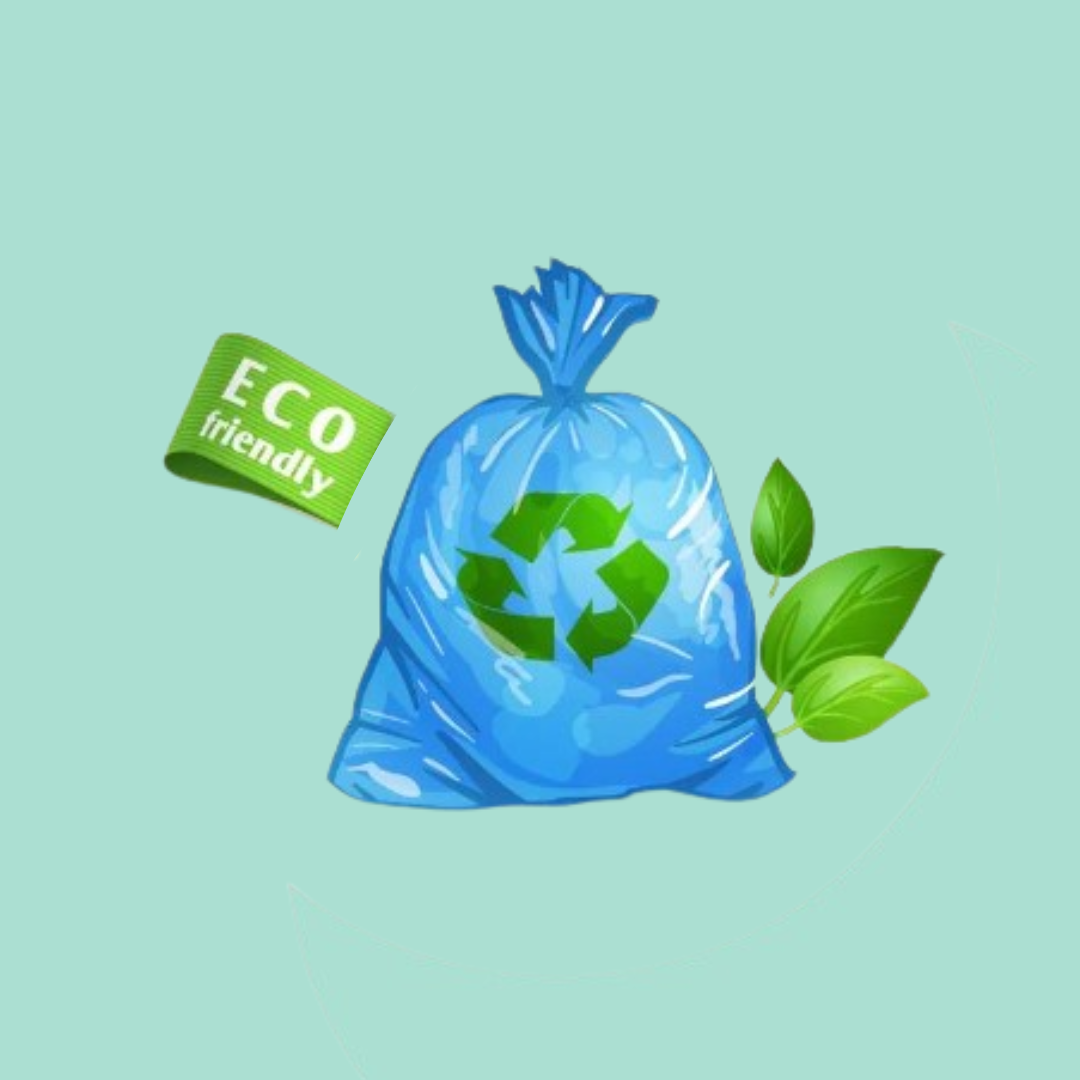Description
An Eco-Friendly Solution for a Sustainable Future
Importance of Compostable Bags
Environmental Impact
Compostable bags reduce the amount of plastic waste and pollution in landfills and oceans.
Sustainable Alternative
They provide a sustainable alternative to traditional plastic bags, which take hundreds of years to degrade.
Resource Conservation
Compostable bags encourage the use of renewable resources, reducing dependence on fossil fuel.
Application of Compostable Bags
• Home Use: Kitchen waste collection
• Grocery stores: Compostable bags can be used for carrying fruits, vegetables, and
other groceries.
• Restaurants and cafes: Compostable bags
can be used for take-out orders and food
packaging.
• Events and conferences: Compostable bags
can be used for promotional giveaways and
event swag.
• Agriculture: Seedling bags, soil
improvement.
Types of Compostable Bags
Biodegradable Plastic Bag
▪ These bags are made from biodegradable polymers, such as PLA (Polylactic Acid).
Paper Bags with Compostable Liners
▪ These bags have a compostable inner lining and are made from recycled paper.
Compostable Fabric Bags
▪ These bags are made from natural fibers, such as cotton or jute, and can be reused multiple times.
Detailed Specifications of Compostable Bags
Materials :
Organic compounds such as cornstarch, sugarcane, paper, or biodegradable polymers.
Biodegradability :
Break down into natural components within specific time frames (e.g., 180 days).
Strength :
Comparable to conventional plastic bags.
Certifications :
Comply with ASTM D6400 or EN 13432 standards.
Composting Process
Conditions for Composting :
• Proper temperature (around 140°F or 60°C)
• Sufficient moisture
• Adequate aeration
Result:
Compostable bags break down into humus-rich compost, enriching soil.
Benefits for the Environment
Reduction of Plastic Waste :
Decreases the burden of non-biodegradable plastics
Soil Enrichment :
Compost from these bags enhances soil quality
Reduced Carbon Emissions :
Lower carbon footprint compared to conventional plastics
Conclusion
• Compostable bags are a sustainable alternative to traditional plastic bags.
• They reduce plastic pollution, enrich soil, and promote a greener future.
• Widespread adoption and responsible disposal can make a significant difference.
• We take pleasure in providing cutting- edge solutions that not only address your needs but also help create a future that is more environmentally friendly and sustainable. Our flagship product, the Compostable Bag, serves as an example of our dedication to environmental responsibility.
• This environmentally friendly marvel is more than just a bag; it’s a declaration of our commitment to lowering plastic waste, protecting natural resources, and lowering carbon emissions. You’re not only buying anything when you choose our compostable bags; you’re also helping the environment.





